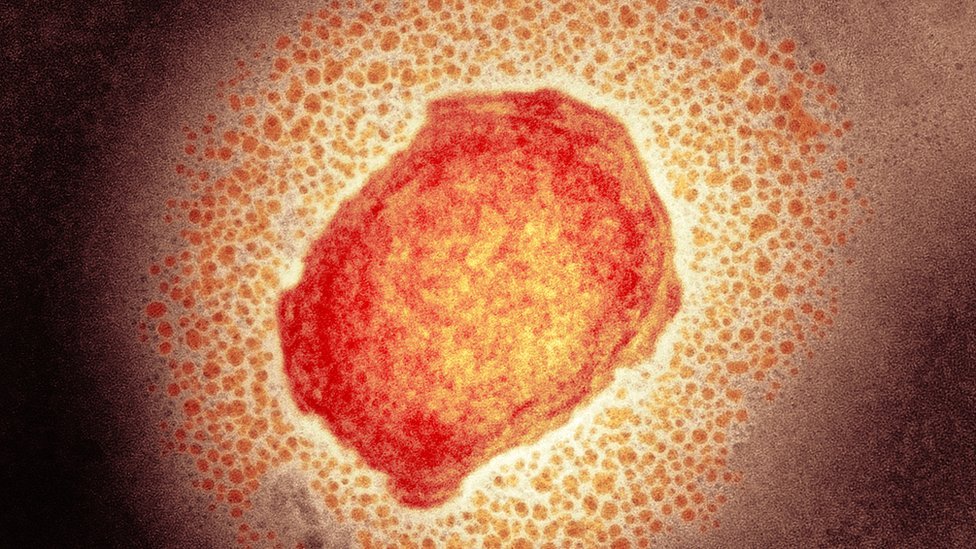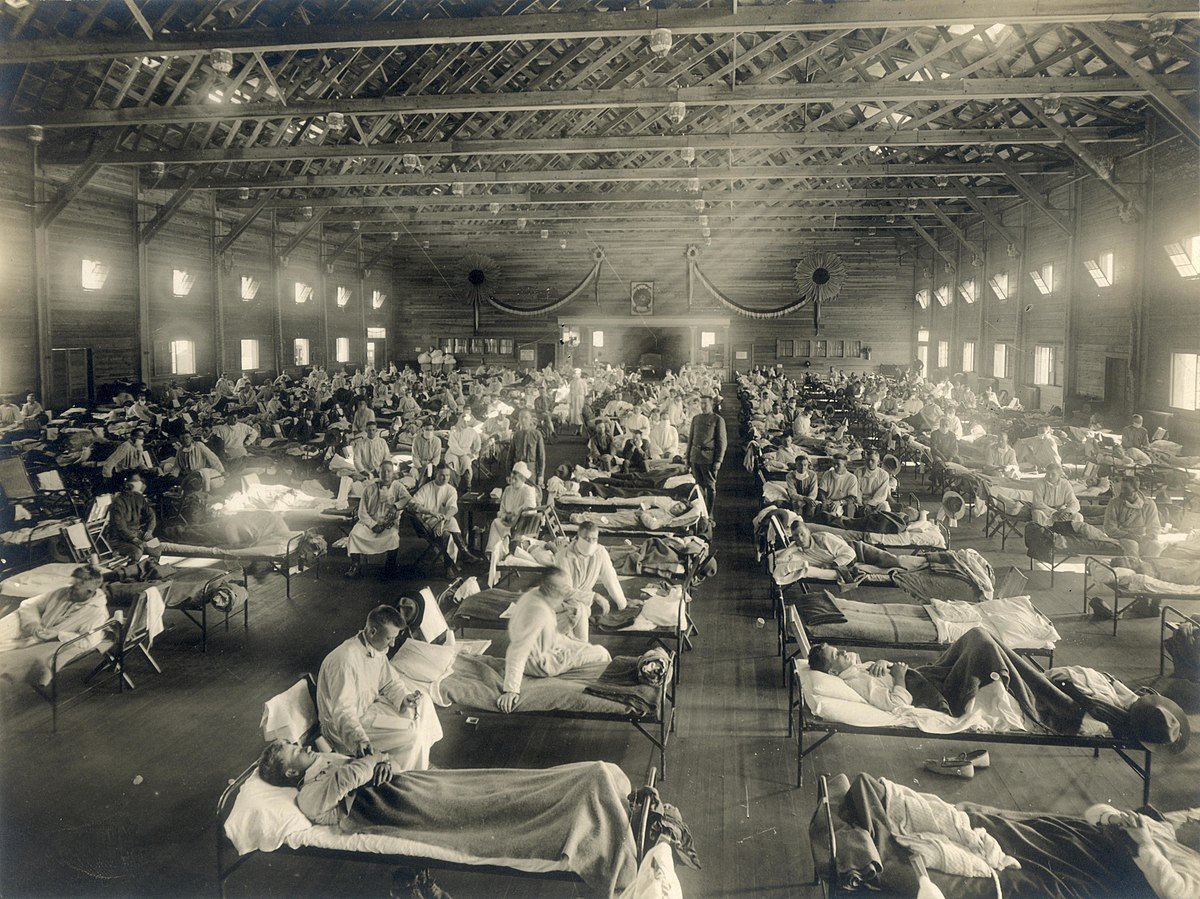The majority of the cases in this epidemic have been documented in nations where the virus is not often present, which makes it uncommon.
The World Health Organization (WHO) has deemed the monkeypox outbreak a public health emergency as a result of the more than 26,000 instances of the disease that have been documented globally since May of this year.
The majority of the cases in this epidemic, known as “endemic” countries where the virus is not often present, which makes it exceptional. Furthermore, unlike earlier outbreaks centered mostly in central and western Africa, the present outbreak is solely passed from person to person and is not associated with contact with an animal that has the disease.
- The Orion Nebula in Hubble’s Closeup Resembles a Surreal Dreamscape
- Robot Demonstrates the Possibility of Swimming Through the Void of a Curved Universe
As the number of cases increases globally, there are worries that if more immediate action isn’t taken, monkeypox may also spread and become endemic in areas where it isn’t often found, including the US and Europe.
Reason for Alarm
The current outbreak is worrisome for a number of reasons.
The sickness is firstly transferring from person to person. Close physical contact with an infected person can spread monkeypox. This can happen through body fluid exchange, being close to an infected person when they cough or sneeze, or by sharing bedding or clothing.
Compared to other viruses, monkeypox isn’t highly contagious; evidence from earlier outbreaks in Africa indicates that the likelihood of contracting the illness after coming into touch with an infected person is only about 3%. Despite this, we are still unsure of the strain of monkeypox that is causing the present outbreak. This is concerning, especially in light of the 50% chance of contracting monkeypox after coming into touch with an infected person in past outbreaks, such as the one that occurred in the DRC in 2016.

The fact that the present outbreak is primarily affecting males who have sex with men within a certain group is another factor contributing to its worry. This group has accounted for over 98% of the cases in the ongoing outbreak.
Monkeypox can affect anyone, regardless of sexual preference. However, there are worries that sexual interaction and potential sexual transmission may be enhancing the virus’s ability to spread. Even semen has been shown to contain this virus, though it’s unclear if it was still contagious at the time.
However, this also implies that having intercourse several times and without a condom may increase the likelihood of transmission. The fact that this is a recent discovery necessitates more research to support this mechanism of transmission.
Though targeted measures (like immunizations) could help break the cycle of transmission while the virus is still not widely diffused in the community, considering that a huge majority of cases are in males who have sex with men. Additionally, doing so would stop it from spreading endemic.





